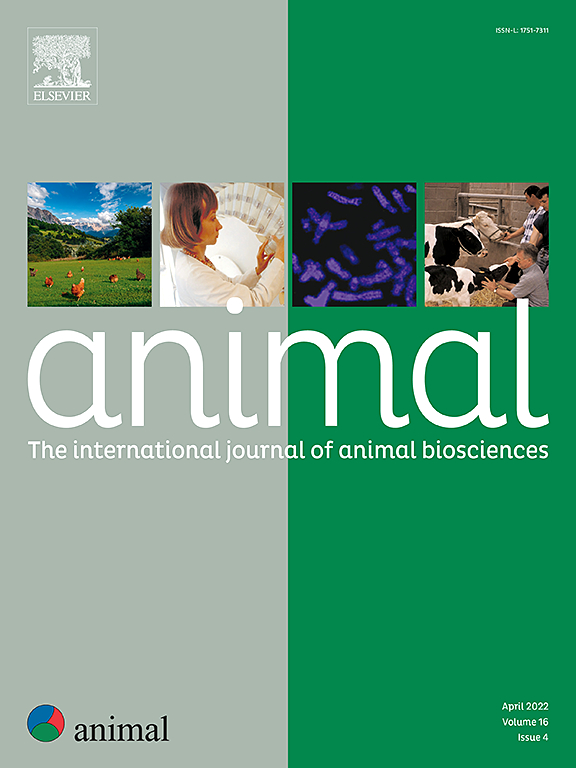This study addresses the critical issue of high-temperature stress in Japanese flounder (Paralichthys olivaceus), a factor threatening both their survival and the growth of the aquaculture industry. The research aims to identify genetic markers associated with high-temperature tolerance, unravel the genetic regulatory mechanisms, and lay the foundation for breeding Japanese flounder with increased resistance to high temperatures. In this study, using a genome-wide association study was performed to identify single nucleotide polymorphisms (SNPs) and genes associated with high−temperature tolerance for Japanese flounder using 280 individuals with 342 311 high-quality SNPs. The traits of high-temperature tolerance were defined as the survival time and survival status of Japanese flounder at high water temperature (31℃) for 15 days cultivate. A genome-wide association study identified six loci on six chromosomes significantly correlated with survival time under high-temperature stress. Six candidate genes were successfully annotated. Additionally, 34 loci associated with survival status were identified and mapped to 15 chromosomes, with 22 candidate genes annotated. Functional analysis highlighted the potential importance of genes like traf4 and ppm1l in regulating apoptosis, impacting high-temperature tolerance in Japanese flounder. These findings provide a valuable theoretical framework for integrating molecular markers into Japanese flounder breeding programmes, serving as a molecular tool to enhance genetic traits linked to high-temperature tolerance in cultured Japanese flounder.


